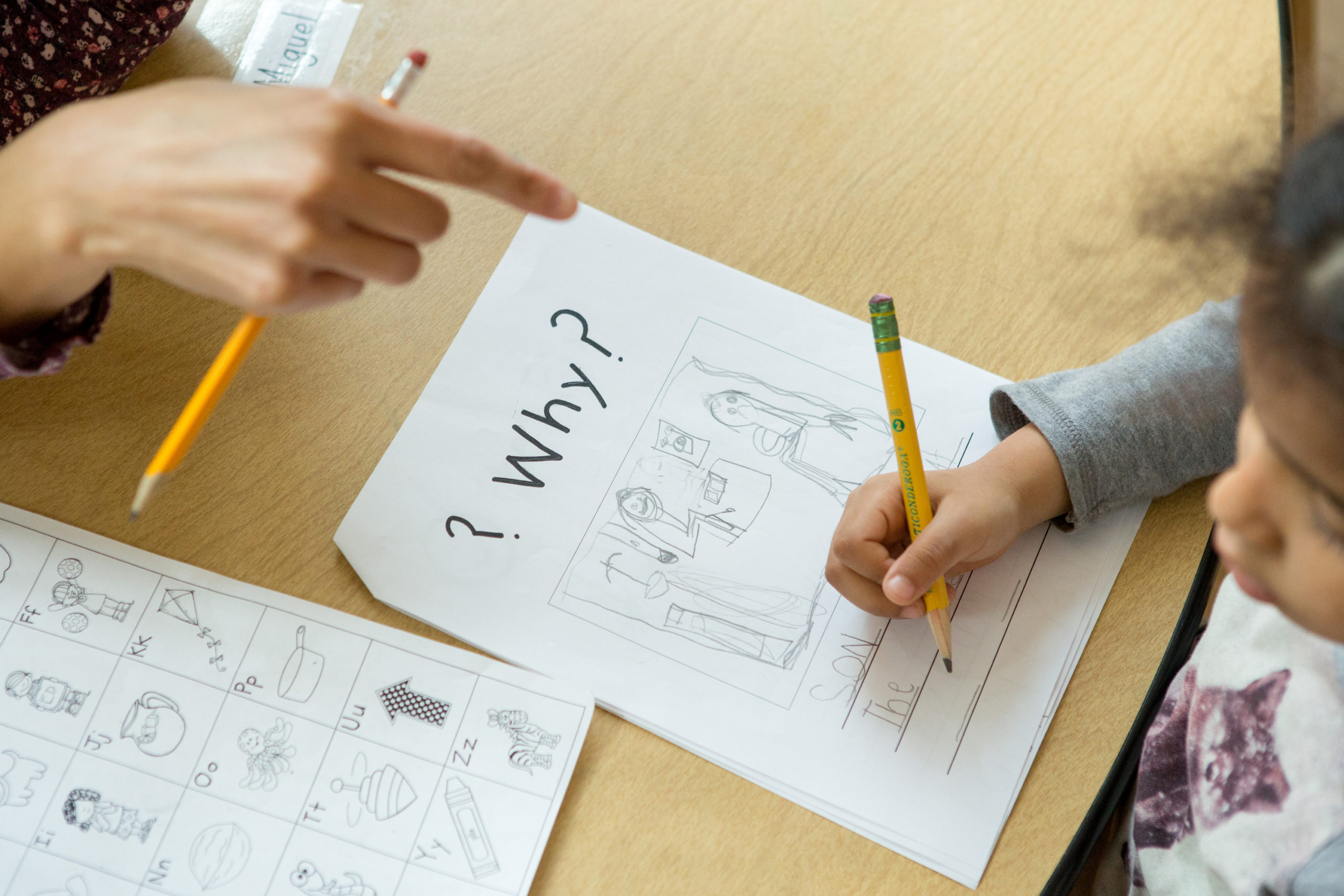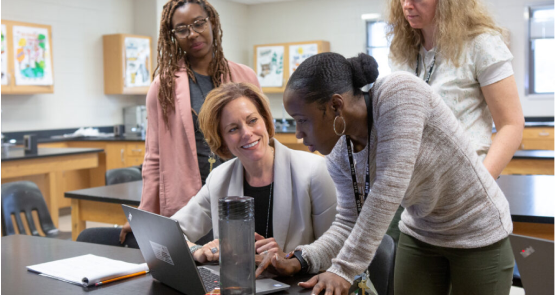Contact: Kent Fischer, [email protected]
PARIS – New findings from a team of researchers at Indiana University show that students can greatly improve critical thinking skills through simple, yet consistent, classroom exercises that virtually any teacher can use in their classroom. The research, funded by the Reboot Foundation, found that small amounts of critical thinking practice, employing short activities with basic analogies and multiple choice quizzes, allow the fast and efficient teaching of critical thinking skills.
Researchers found that this approach could triple the effectiveness in cultivating critical thinking skills in students.
“These findings are truly exciting because they show young people can become much better critical thinkers through very simple, quick classroom activities,” said Helen Lee Bouygues, the President of the Reboot Foundation. “Teaching critical thinking doesn’t have to be elaborate, or time consuming, to be effective.”
The research is exceptionally relevant as educators, policymakers and others have posited that improved critical thinking skills are critical to fighting disinformation online, to improving our political discourse, and to fostering healthy civic engagement. A recent Reboot survey of the American public also found overwhelming support–95 percent of the survey’s respondents affirmed that critical thinking skills are important in today’s world, and an equal number said they believed those skills should be taught in K-12 schools.
In the study released today, professors Ben Motz and Emily Fyfe presented students with different scenarios where an individual made a claim based on some evidence or observations. In a multiple-choice response format, the students determined if the claim was faulty, invalid, or was based on an unsound argument. When compared against a control group, the students who engaged in the critical thinking exercises got scores on an open-ended critical thinking test that were three times higher.
“This study really demonstrates that a straightforward intervention can deliver significant improvement in a person’s critical thinking skills,” said Dr. Motz, a cognitive scientist at Indiana University. “While the materials in this study were designed for college-level students in an Introductory Psychology class, they could easily be adapted for students of any age.”
The techniques can also be used by teachers in any subject area, allowing them to build critical thinking skills using the subject matter they’re already focusing on. Previous Reboot research and critical thinking guides have advocated teaching these skills within the context of a class curriculum.
Benjamin Motz is Director of the eLearning Research and Practice Lab in the Pervasive Technology Institute, Research Scientist in the Department of Psychological and Brain Sciences, and Affiliated Faculty in the Cognitive Science Program at Indiana University.
Emily Fyfe is an Assistant Professor in the Department of Psychological and Brain Sciences, and is also Affiliated Faculty in the Cognitive Science Program at Indiana University.
###
The Reboot Foundation is devoted to elevating critical thinking. In a time of vast technological change, the foundation aims to promote richer, more reflective forms of thought in schools, homes, and businesses. Reboot funds efforts to integrate critical thinking into the daily lives of people, and it conducts surveys, opinion polls and original research. For more information please visit https://reboot-foundation.org/



